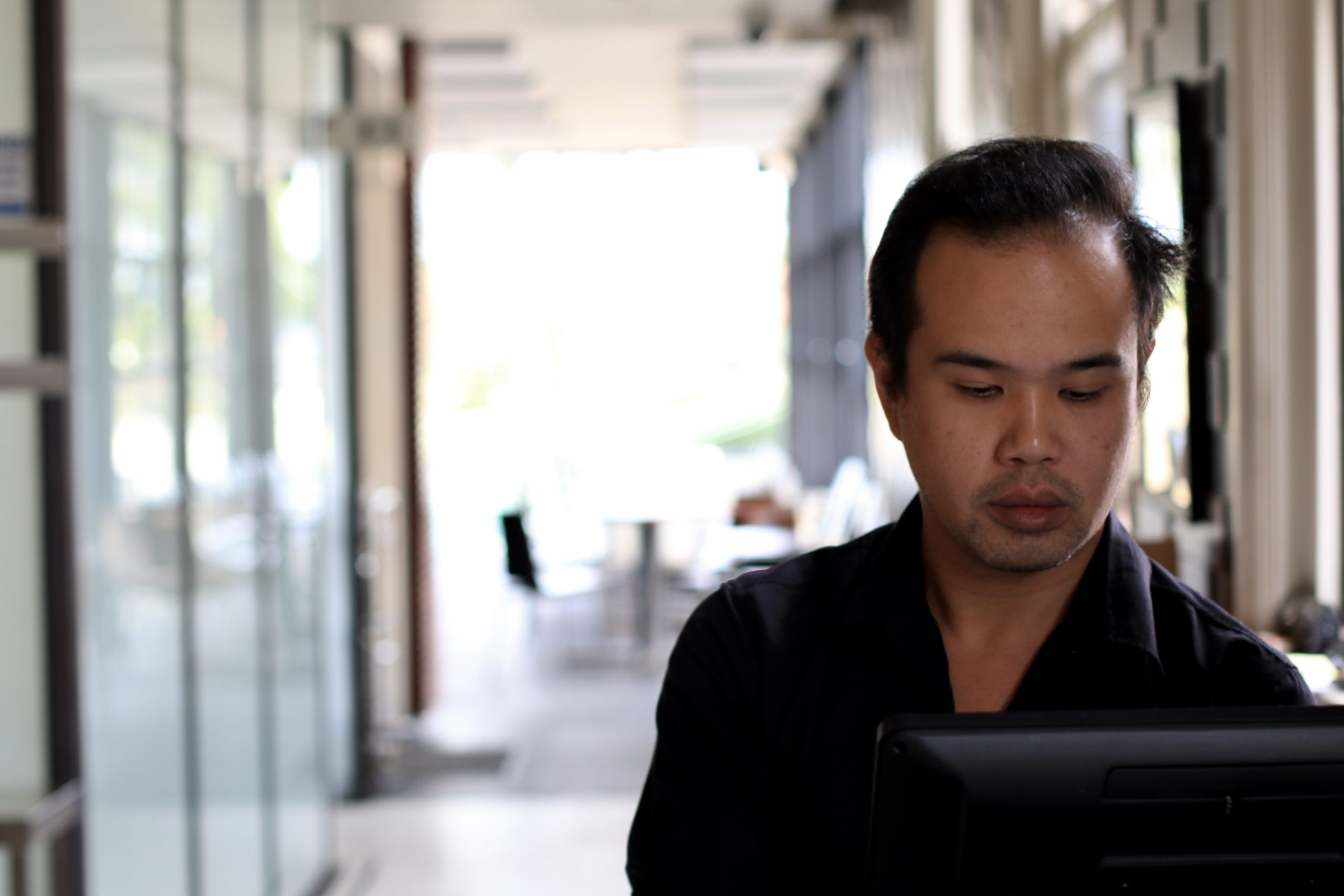Cold beer and good food run deep through the veins of Darling Street, the main drag of Balmain, in Sydney’s inner-west.
On a weekday afternoon, you can usually hear laughter and cheers from inside the Cricketers Arms, the footy is on at the Unity Hall Hotel, there’s a line outside your favourite Indian restaurant, and the smells – well, you can’t figure out if that’s pad thai or Peking duck, but you want it.
But not today.
Today, Darling Street is quiet, bare even, except for a few stragglers and an errant sheet of toilet paper that drifts across the street like tumbleweed.
A week ago, the federal government announced that all pubs, clubs, restaurants and other social venues had to close, as part of efforts to limit indoor gatherings and slow the spread of coronavirus.
Venues serving food are permitted to provide takeaways and deliveries, while bottle shops remain open.
The edict has sent Balmain and other bustling neighbourhoods into indefinite hibernation.

“The worst-case scenario would be if the bottle shop were to [have to] close down as well,” says James Roddy, owner of the Unity Hall, eyes downcast.
“Then we would lose around $3-500,000 within the next six months.”
James Roddy, Unity Hall Hotel, Balmain
“The best-case scenario would be that we break even.”
In the weeks leading up to the shutdown, the Unity cancelled all live music at the venue, in order to comply with limits on indoor gatherings, requiring four square metres per person.
Across the road from the Unity, popular south-east Asian restaurant Blue Ginger is empty, apart from a delivery boy who is exiting out the door.

“If the restaurant is still able to do takeaway, we should be okay,” says Adam Tse, Blue Ginger’s manager, sitting down at one of his empty tables.
“We should make about 20 per cent of what we otherwise would have, which should be enough to get us through this period.”
Adam Tse, Blue Ginger
Since the shutdown began, Tse added, Uber Eats delivery orders have more than doubled.
The shutdown has caused mass job losses in the hospitality sector, which employs nearly 700,000 people across Australia.

“We’ve had to let a lot of our casuals go,” says Roddy. “Our permanent staff we’ve moved to the bottle shop. The bottle shop has actually picked up, so we haven’t had to lay any casuals off who were on that roster.
“So we should be fine. However, I don’t know if I could say the same for pubs without bottle shops.”
The retail sector has also been hard hit, with shops such as clothing stores closing because of lack of custom. Supermarkets and pharmacies remain open.
On Sunday, the federal government banned inside and outside gatherings of more than two people, other than family groups and others who live together.
It advised Australians to leave the house only to buy food or other essential supplies, to seek medical assistance, or to exercise.


